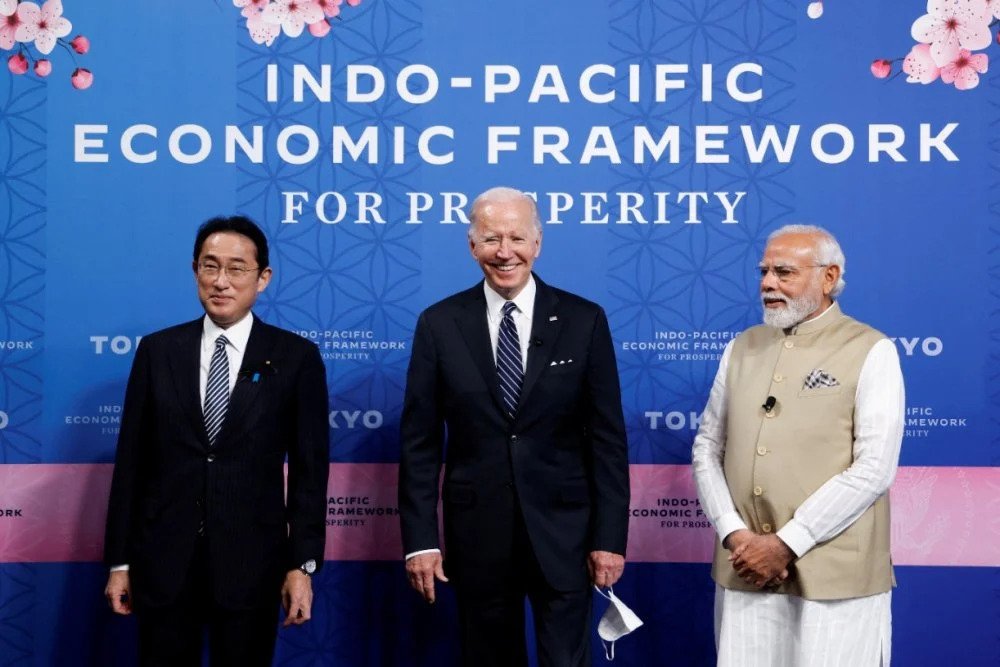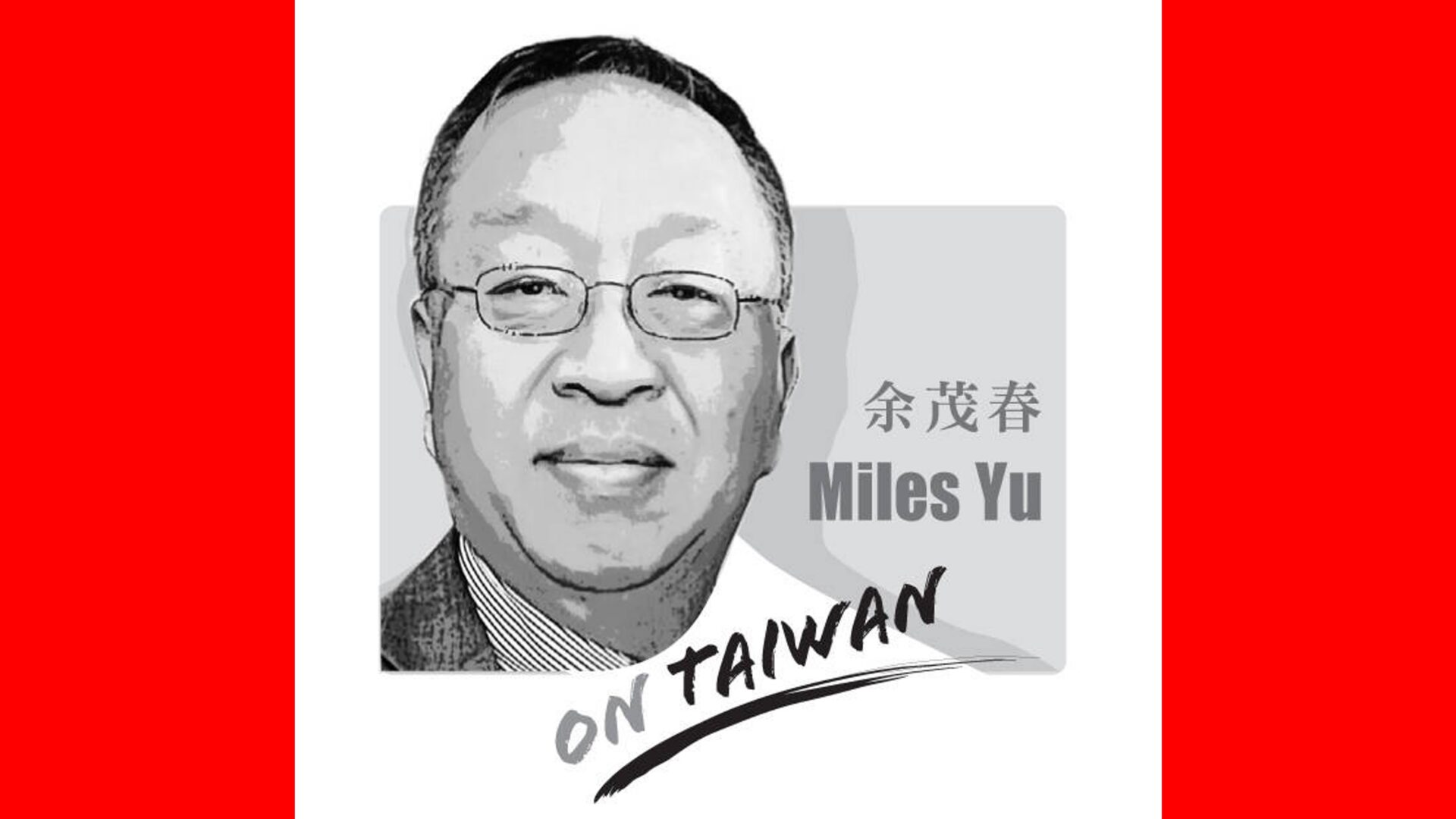
A Partnership Approach to America’s International Economic Relations
The National Interest
10.05.22Here is the hardest hard lesson from the Russian invasion of Ukraine: Brutal geopolitics has not gone out of style; revisionist powers still strive to take land with a bloody fist. The United States and the free world must take inventory of all the tools in the arsenal of democracy—hard and soft power, alike—and rethink how to use them for greater effect.
A key element of soft power is economic assistance. America will help itself and the world more if it moves from handing out aid to creating partnerships.
The Strategic Context
Today’s geopolitical challenges are daunting.
China is the most capable adversary the United States has ever faced. It is under the absolute control of the Chinese Communist Party, which is ruthless, unprincipled, and rapacious. Its military and economic capacity, lack of inhibition, and willingness to take risks constitute a threat of unprecedented proportions.
Meeting the dangers posed by Beijing must be the primary focus of U.S. strategy. That said, Russia and Iran, who are aligned with China, also pose grave threats that must not be discounted.
Related Posts

article
The Era Of ‘Tech Diplomacy’ Is Here
Technology is the new frontier of international relations. The interaction is bi-directional: technology is defining diplomatic matters while diplomacy is also influencing the development and deployment of technology. Take semiconductors as an example. This is a technology that forms the foundation of digital economy, national security, and productivity in almost all industries. Global supply chain in the semiconductor industry is shaping U.S. foreign policy. Conversely, America’s diplomatic effort has been redefining the supply chain. Tech diplomacy is different from science diplomacy, which became a key pillar for the U.S. and other countries since World War II. Scientists participated in treaty negotiations, engaged in bilateral summits and served as attachés at embassies. Primary topics included nuclear proliferation, super-collider construction, human space exploration and environmental science.

By: Miles Yu
article
Miles Yu On Taiwan: China’s lessons—and fears—from the Wagner revolt in Russia
For over a century, tumultuous events thousands of miles away in Russia have impacted China profoundly. Mao Zedong (毛澤東) famously said that the cannon sound of the October Revolution brought Marxism-Leninism to China. Now Xi Jinping (習近平) fears that last month’s Wagner revolt may provide a model for the Chinese Communist Party’s undoing.